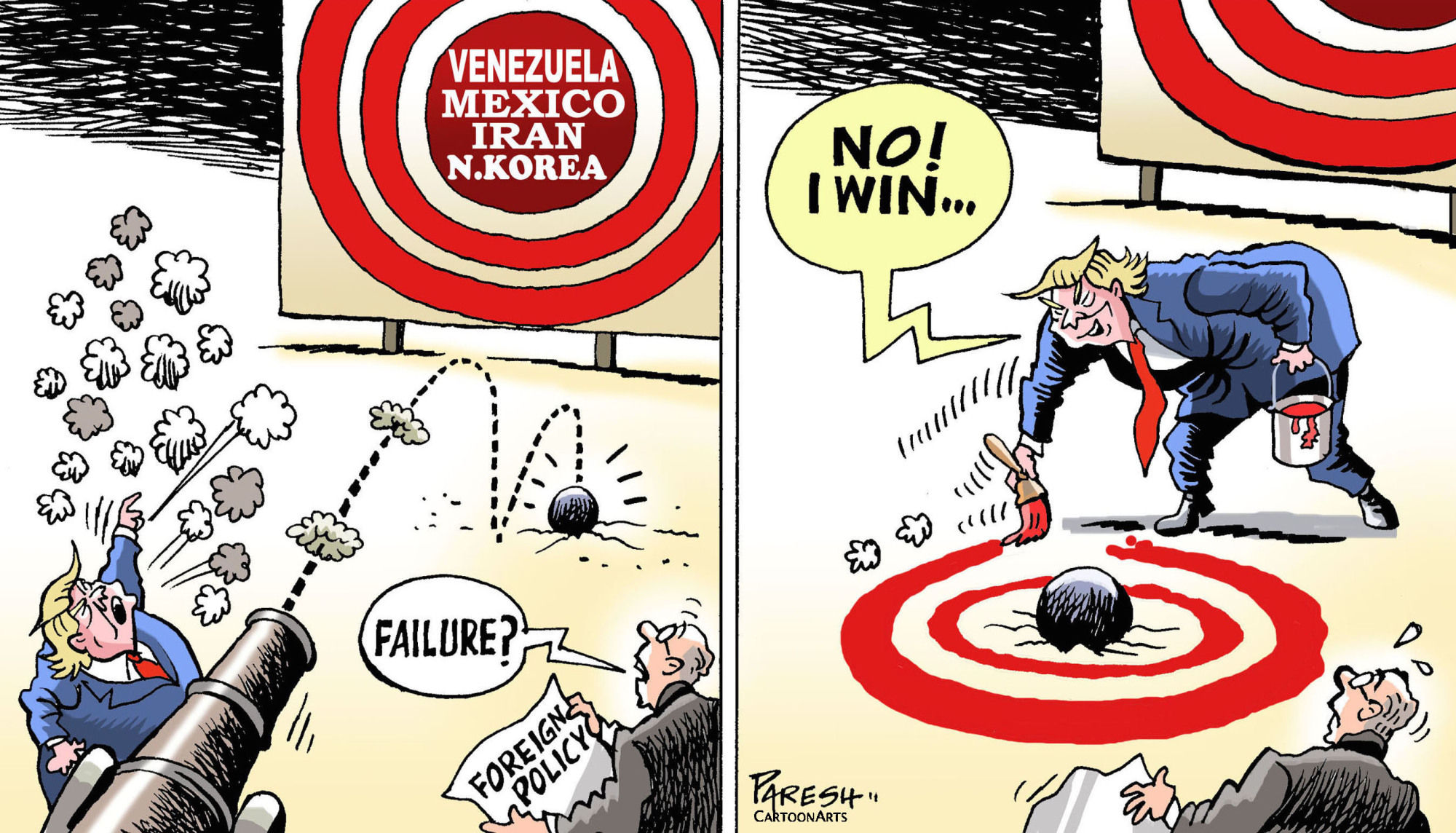The best U.S. presidents are transformational, not transitional. They do not simply shake up the old status quo; they create a better one. When it comes to foreign policy, Donald Trump will surely fall short of that standard: He has been far more adept at disruption than at the building that ought to follow. Yet in this transitional role, he has done whoever succeeds him a favor. By breaking with precedent so forcefully on issues from trade to security alliances to China, the president has given his successor an opportunity to engage in the creative construction that has too often eluded Trump himself.
Trump won office at a time when the international strains on America's primacy were building, and domestic disillusion with Washington's expansive globalism was festering. These forces would have affected the statecraft of any president who took office in 2017. When magnified by Trump's distinctive personality and worldview, they became more jarring still.
On China, Trump demolished a decades-old policy that saw integration and engagement as the key to keeping a rising China from becoming a dangerously revisionist China. On trade, Trump shattered a prevailing consensus that the U.S. should bear primary responsibility for advancing an open global economy — and that it should be willing to tolerate some job losses and other domestic pain as the price of that leadership. On alliances, the president sharply questioned the value of America's most venerable partnerships; he pursued a familiar and legitimate goal — getting allies to pick up more of the tab for their own security — through the brute-force tactics of publicly castigating European leaders and threatening to abandon friends.



















With your current subscription plan you can comment on stories. However, before writing your first comment, please create a display name in the Profile section of your subscriber account page.